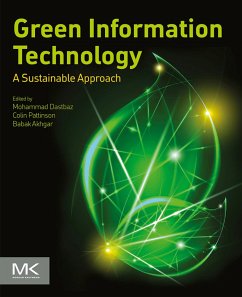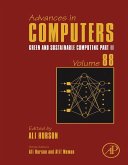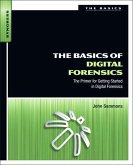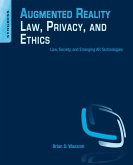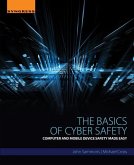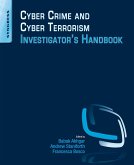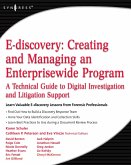Green Information Technology: A Sustainable Approach offers in a single volume a broad collection of practical techniques and methodologies for designing, building and implementing a green technology strategy in any large enterprise environment, which up until now has been scattered in difficult-to-find scholarly resources. Included here is the latest information on emerging technologies and their environmental impact, how to effectively measure sustainability, discussions on sustainable hardware and software design, as well as how to use big data and cloud computing to drive efficiencies and establish a framework for sustainability in the information technology infrastructure.
Written by recognized experts in both academia and industry, Green Information Technology: A Sustainable Approach is a must-have guide for researchers, computer architects, computer engineers and IT professionals with an interest in greater efficiency with less environmental impact.
- Introduces the concept of using green procurement and supply chain programs in the IT infrastructure.
- Discusses how to use big data to drive efficiencies and establish a framework for sustainability in the information technology infrastructure.
- Explains how cloud computing can be used to consolidate corporate IT environments using large-scale shared infrastructure reducing the overall environmental impact and unlocking new efficiencies.
- Provides specific use cases for Green IT such as data center energy efficiency and cloud computing sustainability and risk.
Dieser Download kann aus rechtlichen Gründen nur mit Rechnungsadresse in A, B, BG, CY, CZ, D, DK, EW, E, FIN, F, GR, HR, H, IRL, I, LT, L, LR, M, NL, PL, P, R, S, SLO, SK ausgeliefert werden.

